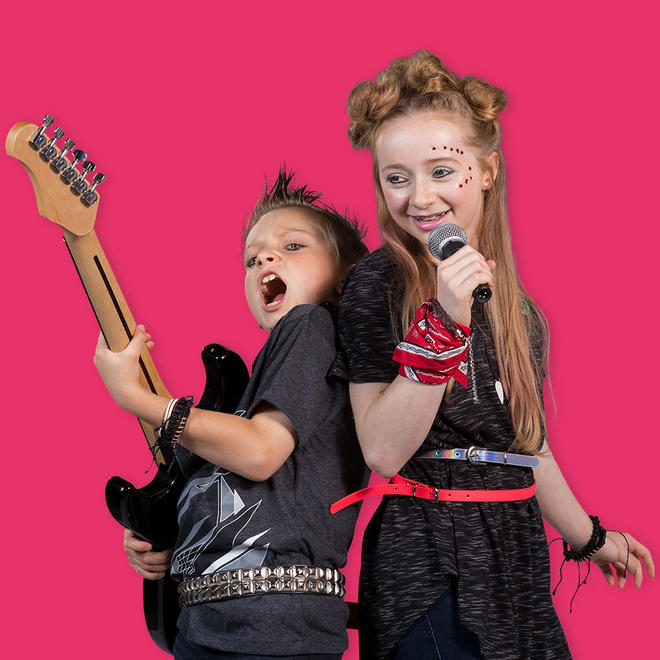Diane fosters teenagers
Diane is a single foster carer living in Blackpool and has been fostering for 15 years.
She became a foster carer after watching a close friend foster children for many years and really admired what they were doing, so decided to give it a go.
Diane particularly enjoys the challenges and rewards that come with fostering special and complex needs children and teenagers.
“I’ve fostered children at different ages and stages, including babies and toddlers, but I really like the challenge of working with teenagers,” she explains. “They tend to have more complex emotional needs, including self-esteem issues, and when you can identify and fulfill these needs, you really feel like you’ve achieved something. More new foster carers should definitely have a teenager!”
Regular training and professional development is key to Diane’s success as a foster carer. She has a level 3 diploma for the children and young people’s workforce and is currently studying for a BA hons in youth crime.
“You need to better yourself to understand how best to work with and help each child,” she says. “I’m constantly on courses and I do a lot of training.”
For Diane, helping the children in her care to develop and thrive is the greatest part of being a foster carer.
“One of the first girls I fostered had a bad accident at 13. She spent 6 weeks in hospital and 12 months in a rehabilitation centre but lost the use of her legs. As time went on she got better and really got into fencing. She made it onto the Paralympic team and we went to the London 2012 games. It was absolutely fantastic,” she enthuses. “I was so proud of her achievement. Most of my girls have all gone to college and university.’
Diane explains that fostering can be challenge, but the hard work is completely worth it.
“When the children arrive they can be problematic and closed,” she says. “They don’t have boundaries or go to school and lack confidence.”
“Then you work closely with the young person find out what their needs are and work to build their confidence and self esteem. I personally like to get them into sports, take them on trips and communicate with them, letting them make decisions for themselves,” Diane explains.
“You help to get them back to school and you see their health and happiness improve. I feel like I’ve achieved something when I can sit back and the children are coming home on time, sticking to rules, socialising, laughing, enjoying themselves and sharing problems – that’s what it’s all about.”
And what would Diane say to someone considering fostering?
‘Give it a go,” she urges. It’s not all hard-work and there are children and teenagers out there who need a loving home.”

